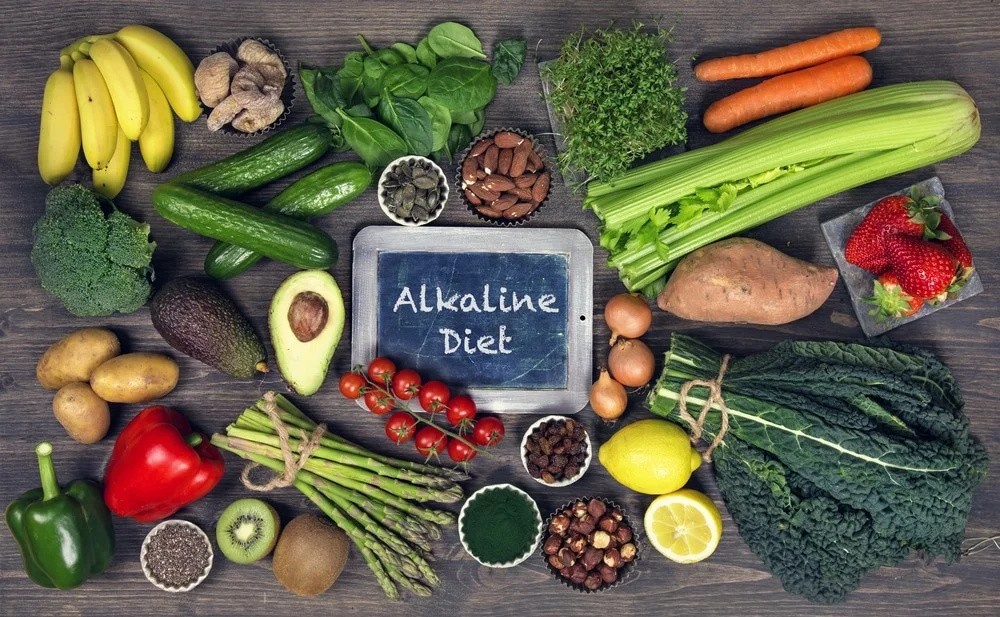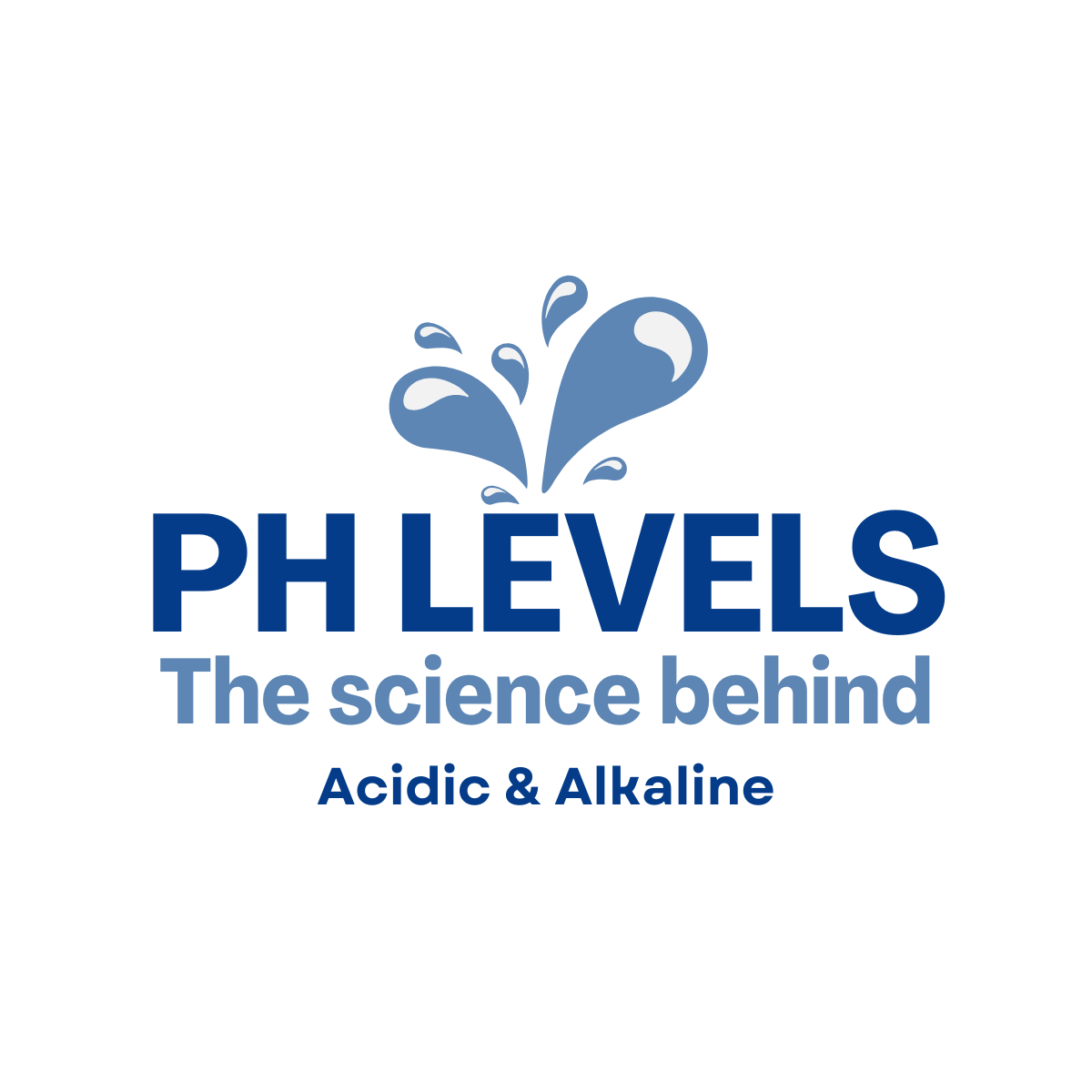
The idea of eating an alkaline diet has gained a lot of attention over the recent years. Many health enthusiasts are swearing by its benefits. Understanding what it truly means to follow an alkaline diet and how it influences overall health is the perfect place to start before beginning the journey.
More importantly, is it truly beneficial for your body? In this article, we’ll break down the science behind pH levels, the benefits and drawbacks of alkaline foods, and how you can make practical changes to your diet for optimal health.
The alkaline diet is often explored for its focus on whole foods and balance, with many people interested in how it may support overall health when approached sensibly. If you’d like to explore broader ways to support your body through everyday habits and lifestyle choices, our physical wellbeing content looks at practical approaches that encourage long-term balance and vitality.

Alkaline Diet – The Science Behind Alkaline Foods
At its core, the alkaline diet revolves around the concept of pH balance. pH (potential of hydrogen) is a scale that measures how acidic or alkaline a substance is, ranging from 0 to 14:
- 0 to 6.9: Acidic
- 7: Considered neutral, meaning it maintains a balanced state without tipping towards acidity or alkalinity, much like water.
- 7.1 to 14: Alkaline (or basic)
Foods that a low in pH are more likely to cause acid reflux, which can be uncomfortable. Click here to see what foods trigger acid reflux.
Our bodies possess an extraordinary ability to regulate pH levels, particularly in the blood, which consistently remains within a slightly alkaline range of 7.35 to 7.45. While the food we eat may influence pH levels in urine and saliva, the body employs intricate physiological mechanisms to ensure that blood pH stays within this narrow and optimal range.
Alkaline vs. Acidic Foods
When metabolised, foods are classified as either acidic or alkaline based on the type of ash residue they leave behind. It is widely believed that alkaline foods foster a more favourable internal environment, whereas acidic foods are often linked to inflammation, disease, and fatigue.
Alkaline Diet – The Pros of Alkaline Foods
 1. Improved Digestion
1. Improved Digestion
A significant number of alkaline foods, including leafy greens, cucumbers, and avocados, are rich in fibre. This fibre plays a crucial role in supporting digestive health, promoting a well-balanced gut microbiome, and preventing digestive discomfort. Fibre helps with digestion, prevents constipation, and promotes a balanced gut microbiome.
 2. Enhanced Energy Levels
2. Enhanced Energy Levels
Alkaline foods are typically nutrient-dense, providing vitamins and minerals that support energy production. In contrast to processed acidic foods, which often result in energy crashes, alkaline foods provide a more stable source of energy, keeping you feeling nourished and revitalised throughout the day.
 3. Reduced Inflammation
3. Reduced Inflammation
Chronic inflammation is linked to conditions like arthritis, heart disease, and autoimmune disorders. Alkaline foods, rich in antioxidants, help combat oxidative stress and reduce inflammation throughout the body.
 4. Bone Health and Strength
4. Bone Health and Strength
There is some evidence that an alkaline diet may help preserve bone density. Foods like kale, broccoli, and almonds contain calcium and magnesium, essential for strong bones and preventing conditions like osteoporosis.
The Cons and Considerations
Although alkaline foods offer several benefits, it is equally important to acknowledge the potential drawbacks and common misconceptions associated with this dietary approach.
1. Nutrient Deficiencies
Relying solely on an alkaline diet may lead to unintended nutrient imbalances. For example, some proponents of this diet choose to eliminate all acidic foods, even those that provide essential nutrients, such as eggs, fish, and legumes. Consequently, this restriction may result in deficiencies in key nutrients like iron, B12, and omega-3 fatty acids, which are vital for overall health.
2. Misinformation and Myths
There is a common belief that consuming alkaline foods can alter the pH of the blood, but this is actually a myth. The body has its own mechanisms to regulate blood pH, ensuring it remains stable regardless of dietary choices. However, what we eat can influence urine pH, which may lead some to mistakenly believe that the overall pH balance of the body is being changed.
3. Individual Dietary Needs
Each individual has unique dietary requirements. While some people flourish on a diet rich in plant-based alkaline foods, others might benefit from a balanced intake of both acidic and alkaline options to satisfy their specific nutritional needs. Therefore, maintaining flexibility is essential when adopting any diet.
Alkaline Diet – Nutrient-Rich Alkaline Foods to Boost Your Diet
If you are looking to incorporate more alkaline foods into your daily meals, here are some nutrient-packed choices to consider:
- Dark Leafy Vegetables: Spinach, kale, Swiss chard, collard greens
- Fresh Vegetables: Cucumber, broccoli, beetroot, bell peppers, courgettes
- Fibre-Rich Fruits: Avocados, lemons, watermelon, bananas, berries
- Healthy Fats and Seeds: Almonds, flaxseeds, chia seeds, walnuts
- Plant-Based Proteins: Lentils, chickpeas, quinoa, tofu
- Herbs & Superfoods: Ginger, turmeric, garlic, spirulina

Acidic Foods That May Impact Your Health
While consuming some acidic foods in moderation is generally acceptable, overindulgence may disrupt the body’s balance. Therefore, reducing their intake can contribute to better overall health:
- Highly Processed Foods: Refined sugars, packaged snacks, artificial additives
- Dairy Products: Cheese, milk, yoghurt, cream
- Animal Proteins: Red meat, processed meats, fried proteins
- Stimulants: Coffee, energy drinks, alcohol, fizzy drinks
- Refined Grains: White bread, white pasta, pastries
Balancing an Alkaline Diet: Practical Tips
Instead of completely cutting out acidic foods, strive for a well-balanced diet. Here are some practical steps to help you get started:
- Follow an 80/20 Rule: Eat 80% alkaline foods and 20% acidic foods.
- Hydrate with Alkaline Water: Lemon water is a great choice.
- Prioritise Whole Foods: Fresh, unprocessed foods should make up most of your meals.
- Cut Down on Sugar and Processed Foods: Reducing these can be beneficial as it helps sustain energy levels and promotes overall well-being.
- Listen to Your Body: Adjust based on how you feel and what works best for your health.
Conclusion
The alkaline diet presents a variety of potential health benefits, including better digestion, reduced inflammation, and enhanced energy levels. However, it is important to maintain a balanced approach rather than adopting extreme dietary restrictions. By gradually incorporating more alkaline foods while continuing to consume some acidic options in moderation, you can create a well-rounded and sustainable eating plan that aligns with your personal health goals.
In the end, whether you aim to detoxify your body, enhance your energy levels, or simply make more mindful dietary choices, embracing alkaline foods could be the key to achieving a healthier and more balanced lifestyle.